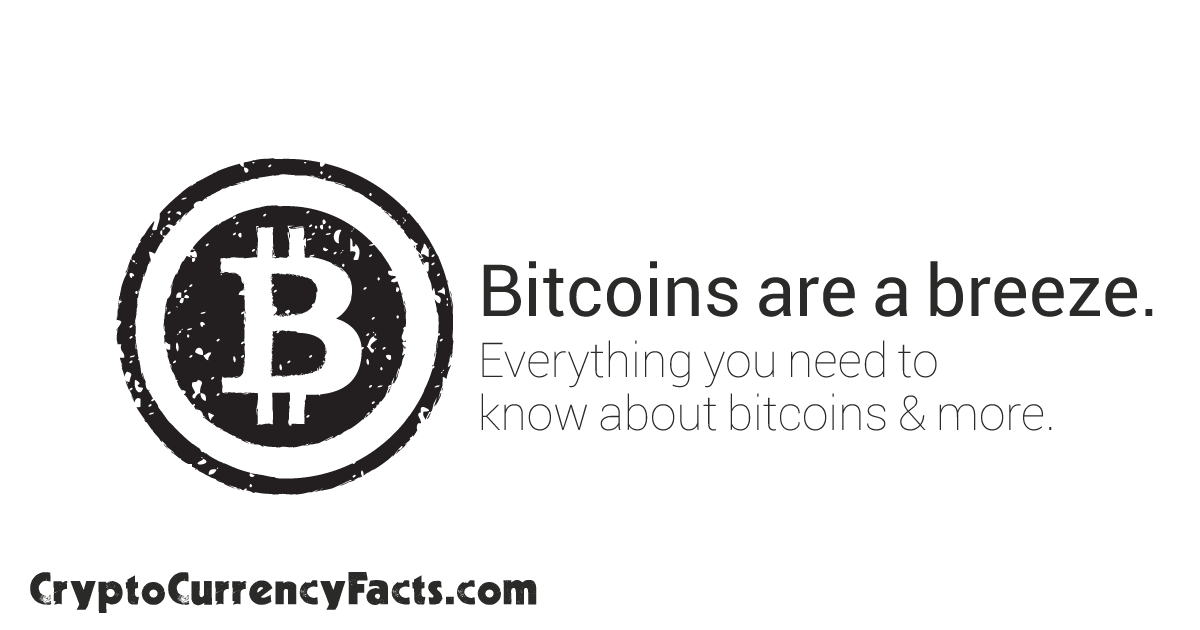Proof-of-Work (PoW)
In cryptocurrency, proof-of-work (PoW) is system that uses hard-to-compute but easy-to-verify functions to limit exploitation of cryptocurrency mining.
Cryptocurrency is a general name referring to all encrypted decentralized digital currencies like Bitcoin.
Cryptocurrency uses cryptography to create coins and secure transactions. Typically cryptocurrencies are open source with pubic, but encrypted, ledgers of all transactions based on blockchain technology.
There are a number of cryptocurrencies traded on cryptocurrency exchanges, and the growing popularity of cryptocurrency means that despite volatile prices, market caps and values are growing every year.
Popular cryptocurrencies include the original Bitcoin, Ethereum’s Ether, and Litecoin.
Cryptocurrency is legal and taxable in the US, but it isn’t legal tender (you can’t pay your taxes in Bitcoin, it is considered investment property). With that said, due to its infancy and history so far, cryptocurrencies should be invested in and used with their historical volatility in mind.
Click on any of the pages below to learn more about cryptocurrency.
TIP: If you are new to cryptocurrency, check out our guide to cryptocurrency for beginners.
In cryptocurrency, proof-of-work (PoW) is system that uses hard-to-compute but easy-to-verify functions to limit exploitation of cryptocurrency mining.

A bitcoin is an encrypted, pseudo-anonymous, open source, decentralized, digital currency, capable of adaptive scaling, that uses a proof-of-work system.
Understanding how cryptocurrency works on a basic level is rather simple, but digging into the details can be a little more heady given the many cryptocurrency types. On this page we give an overview of the basics.
Cryptocurrency is a decentralized digital currency that uses encryption. It is an alternative form of currency to the more common centralized currency like the USD which is regulated by a centralized Government.

Bitcoin is digital money on the internet. It is a way to transfer value. Transactions are stored on a public digital ledger called a blockchain.
By continuing to use the site, you agree to the use of cookies. more information
The cookie settings on this website are set to "allow cookies" to give you the best browsing experience possible. If you continue to use this website without changing your cookie settings or you click "Accept" below then you are consenting to this.